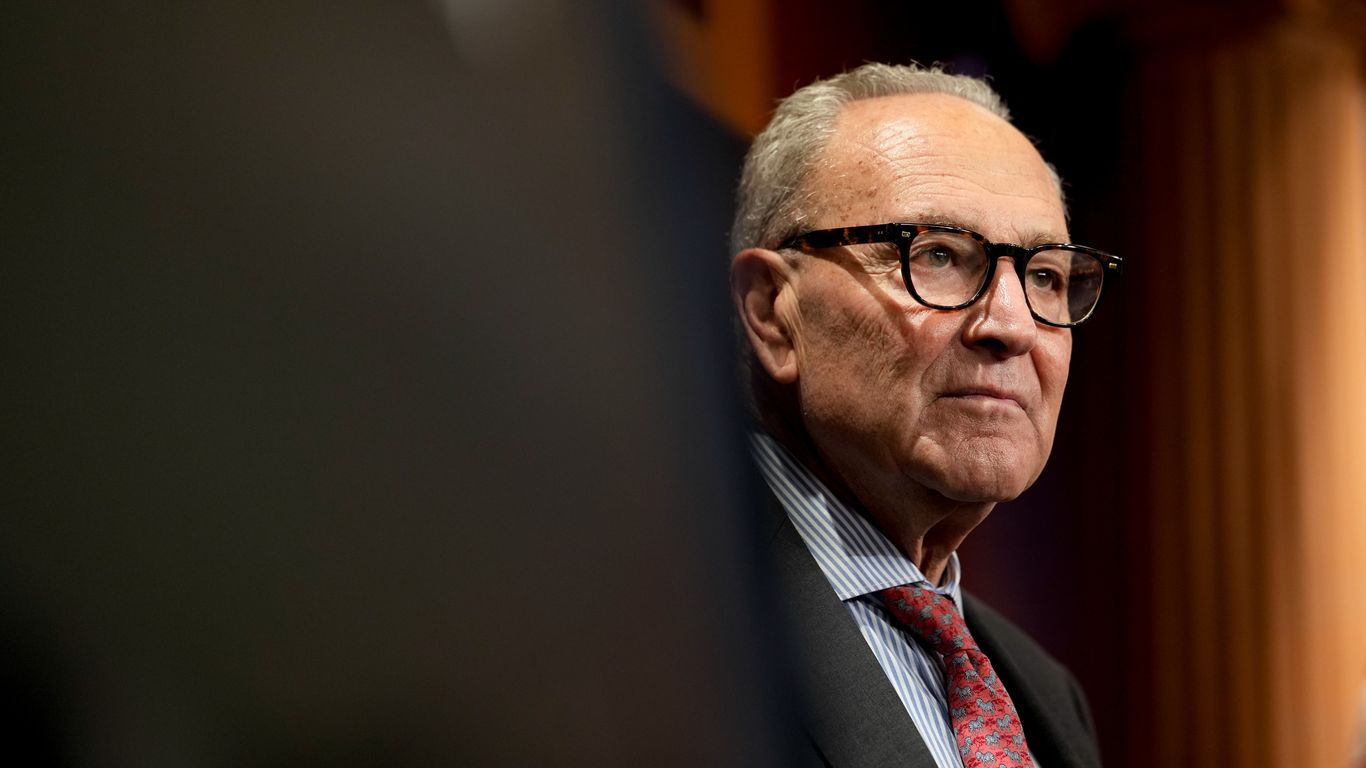Man Accused of Attempting to Assassinate Trump Chooses Not to Testify

Introduction
In a shocking turn of events, a man accused of attempting to assassinate then-President Donald Trump at his Florida golf course last year has chosen not to testify in his own defense. The defendant, a 21-year-old from Indiana, was arrested in July 2018 after allegedly trying to grab a police officer's gun in an attempt to shoot Trump during a rally. After a week-long trial, the man's legal team rested their case without calling any witnesses, including the defendant himself.
Key Details
The defendant's decision to not testify is a strategic move by his legal team. They likely believe that the evidence presented by the prosecution is weak and that the defendant's testimony is not needed to prove his innocence. However, this decision could also be seen as a risky move as it may leave the jury with unanswered questions and raise doubt in their minds. Furthermore, the defendant's lack of testimony may be interpreted as a sign of guilt by the prosecution and the media.
Impact
The outcome of this trial has far-reaching implications, not only for the defendant but also for the public perception of the case. If the defendant is found not guilty, it could send a message that attempts to harm the President will not be taken seriously. On the other hand, a guilty verdict could result in significant consequences for the defendant, including potential jail time and a permanent criminal
About the People Mentioned
Donald Trump
Donald John Trump, born June 14, 1946, in Queens, New York, is an American businessman, media personality, and politician. He graduated from the University of Pennsylvania’s Wharton School in 1968 with a degree in economics. In 1971, he took over his family’s real estate business, renaming it the Trump Organization, through which he expanded into building and managing skyscrapers, hotels, casinos, and golf courses. Trump gained widespread fame as the host of the reality TV show *The Apprentice* from 2004 to 2015, which helped establish his public persona as a successful entrepreneur. Trump entered politics as a Republican and was elected the 45th president of the United States, serving from 2017 to 2021. His presidency was marked by significant policy actions including tax cuts, deregulation, the appointment of three Supreme Court justices, renegotiation of trade agreements (notably replacing NAFTA with the USMCA), and a focus on immigration control including border wall expansion. He withdrew the U.S. from international agreements such as the Paris Climate Accord and the Iran nuclear deal, and engaged in a trade war with China. His administration’s response to the COVID-19 pandemic was criticized for downplaying the virus’s severity. Trump was impeached twice by the House of Representatives—first in 2019 for abuse of power and obstruction, and again in 2021 for incitement of insurrection—but was acquitted by the Senate both times. After losing the 2020 election to Joe Biden, Trump challenged the results, culminating in the January 6, 2021, Capitol riot. He remains a central figure in American politics, having won the 2024 presidential election and returned as the 47th president in 2025, continuing to promote policies aimed at economic growth, border security, and military strength[1][2][3][4].
















